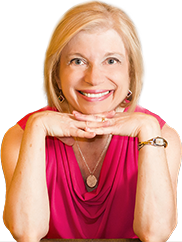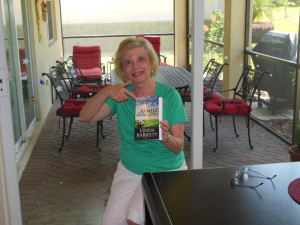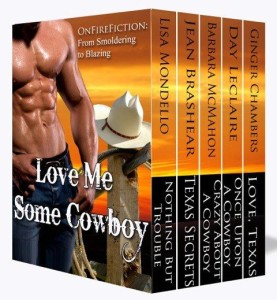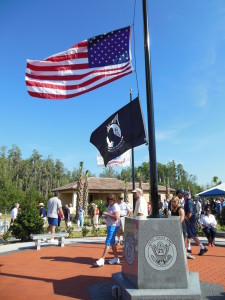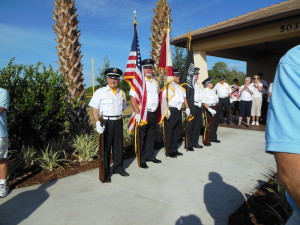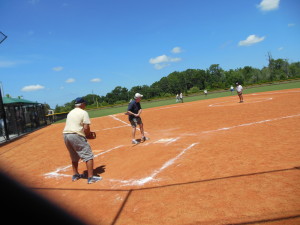GET TO THE POINT!
Yesterday I typed The End on a new work that will be part of an anthology published by OnFireFiction this fall. The anthology celebrates holidays around the year, and my contribution honors Mother and Father’s Days. With a dozen authors contributing to the volume, short pieces are in order. Oh, no problem–just grab an idea and jot it down. Uhh…not so fast, my friends. I can assure you most writers acknowledge that writing short is more difficult than writing long.
In a short story, there’s no time to explore the byways and detours that might intrigue you as you write a novel. You must ignore the lure of an extra and tempting, What if…? With a very limited word count, getting from Point A to Point B is the priority, and you have to do it in as little time as possible while still providing a satisfying read.This means developing characters who readers will care about. It means creating a problem they have to resolve all within about 25 manuscript pages. For contrast, any of my traditional romance novels ran about 320 pages. Family Interrupted ran 430. So for most novelists, the challenge of the short form is…well, a challenge.
Because of the story i was writing for the holiday anthology, I started thinking about short stories, poems and songs. I looked up some of the poets with whom we’re most familiar, and an hour flew by as Robert Frost, Emily Dickinson and Edgar Allen Poe captured me once more. How did they do it? No wonder there are so few greats.
Frost used only six stanzas to evoke the imagination as he stood before two roads and chose “the one less traveled on.” Poe used a similar amount of space to express the eternal love he held for his “Annabel Lee.” The Belle of Amherst–ah, call her the Belle of Pithy: “Because I could not stop for Death, He kindly stopped for me…” In only five short stanzas–maybe a hundred words– she made friends with what we fear most and turned our thinking upside down. I’m in awe.
Many of our songwriters are contemporary poets who tell stories–and they do it within three minutes of air time. Think about “Cat’s in the Cradle” by Harry Chapin. A complete story about raising a child–with a moral attached. He provided us with something to think about after the song ended. It’s the same with Mac Davis’s “In the Ghetto” sung by Elvis Presley. Billy Joel has written dozens of songs which are stories and gets his point across as a poet does–in a few stanzas. In “A Matter of Trust” he’s talking about what comes after the first flurry of love. A real marriage is based on trust. Other genres to think about are country and folk music where every song’s a story, enriching our American anthology of creative writing.
The shortest form of writing today is known as Flash Fiction: a novel in six words. Perhaps the most famous example, attributed to Hemingway but not proven so, is:
“For sale: baby shoes, never worn.”
It’s all there. The plot, the characters, the emotion. Only the details are missing, but that’s okay. We don’t need them to feel the impact of the story. This is pithy to the extreme.
Compared to Flash Fiction, I guess my 25 page short story is a luxury! Not complaining any more 🙂
Do you read poetry? Short stories? Or do you prefer novels?
Our CONTEST WINNER for MAY is: LISA R. CLARO. She’s aready received her package of Love Me Some Cowboy and Family Interrupted.
A NEW CONTEST FOR JUNE!! Make a comment and your name will be entered in a NEW CONTEST with GREAT PRIZES. The winner will receive two of the six books shown here (your choice), all written by members of OnFireFiction as well as a $25 gift certificate to Amazon or BN (your choice).
All of these books are traditional romances in different styles. Some are funny, some more serious and evocative. Browse them at Amazon where you can Look Inside the books. You might be the winner!
As always, thanks so much for stopping by. I hope to see you for the next edition of Starting Over.
Best,
Linda
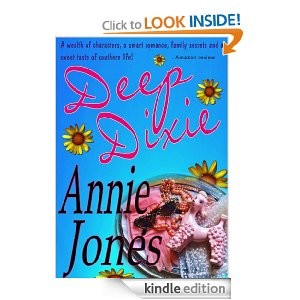 |
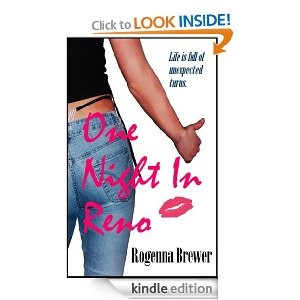 |
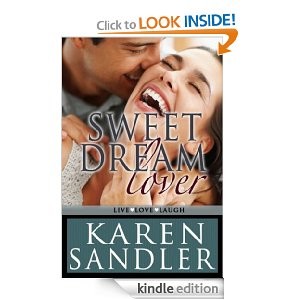 |
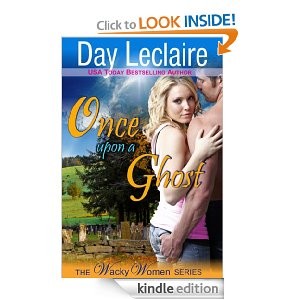 |
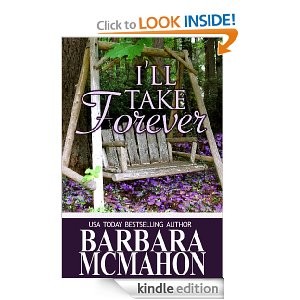 |
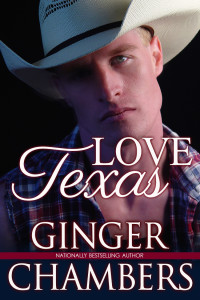 |
